Kamala Harris, the Democratic Party’s presumptive presidential nominee, has recently come under intense scrutiny for her handling of critical foreign policy issues. As Venezuela faces mass violence following a disputed election, Harris’s perceived support for Nicolás Maduro has raised eyebrows. Simultaneously, her silence on a deadly Hezbollah strike in Israel has drawn sharp criticism, adding fuel to an already heated debate about her lack of foreign policy credentials.
Kamala Harris’s recent statement on the Venezuelan election has been a lightning rod for controversy. As Venezuela plunged into chaos after a disputed election, Harris’s stance appeared to support Nicolás Maduro’s administration, which has been accused of vote-rigging and court-packing. This move has been so contentious that even tech billionaire Elon Musk weighed in, warning of the potential risks associated with such a position.
I think the risk of this is very real https://t.co/aCb3NNO3mp
— Elon Musk (@elonmusk) July 29, 2024
Harris’s Silence on Israeli Child Casualties In stark contrast to her vocal position on various international issues, Harris has remained conspicuously quiet following a Hezbollah attack that resulted in the deaths of 12 Israeli children. This strike is considered the deadliest against Israel since the Hamas attacks in October. Despite her previous statements condemning violence against children in the Middle East, Harris has not personally addressed this tragedy, a silence that many interpret as an attempt to avoid upsetting her radical pro-Hamas supporters.
Inconsistent Responses to Global Tragedies Harris’s generic response to Israel stands in stark contrast her earlier statements, reported The Washington Free Beacon. Just last week, she emphasized the importance of not remaining silent in the face of humanitarian crises, particularly highlighting the plight of children in conflict zones. However, her lack of response to the Hezbollah strike has led to accusations of selective outrage and political maneuvering.
Biden-Harris Administration’s Foreign Policy The foreign policy approach of the Biden-Harris administration has been described as inconsistent and, at times, destructive. Their policy in South America, particularly the easing of sanctions on Venezuela, has been criticized for empowering totalitarian regimes. This policy shift was part of a broader strategy to foster diplomatic engagement, but critics argue it has merely emboldened oppressive governments.
Impact on U.S. Relations with Israel and Palestine Harris’s handling of the Israeli-Hezbollah conflict could have significant implications for U.S. relations in the region. Her recent call for a ceasefire in Gaza, following a meeting with Israeli Prime Minister Benjamin Netanyahu, only saw a rise in terror attacks against Israel. This has raised questions about her commitment to Israel’s security and her ability to navigate the complex dynamics of Middle Eastern politics.
Public and Political Reactions The backlash against Harris’s foreign policy moves has been swift and severe. Political commentators and opponents have accused her of hypocrisy and pandering to radical elements within her party. The public, too, has expressed concern over what they perceive as a lack of principled leadership on critical international issues.
A Question of Leadership Kamala Harris’s recent foreign policy actions have placed her under intense scrutiny, raising serious questions about her leadership and diplomatic acumen. As she navigates these controversies, the vice president will need to address the growing concerns about her stance on Venezuela and her silence on Israeli casualties to restore confidence in her ability to handle international affairs effectively.
[Read More: Google Appears To Limit Searches On Trump Assassination Attempt]

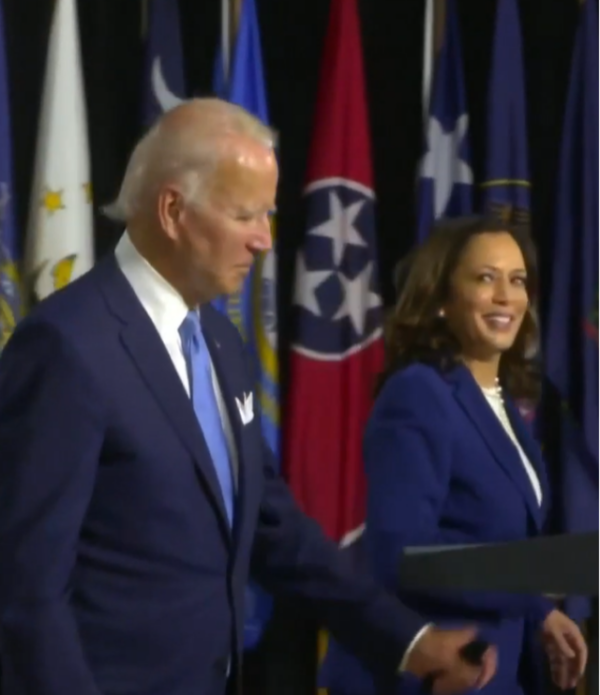
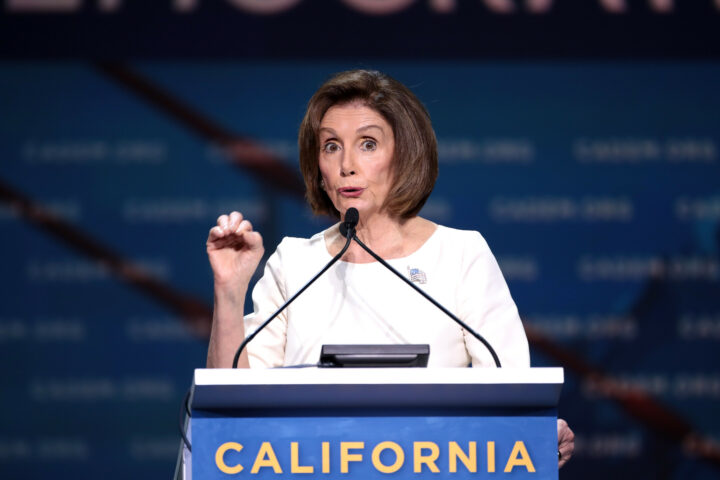


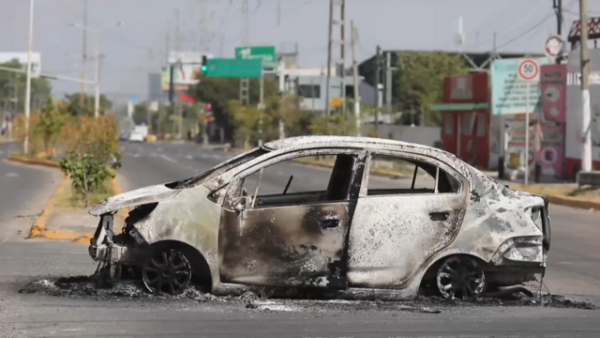

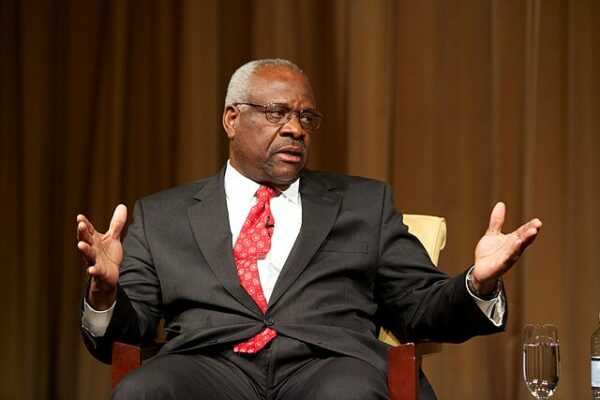

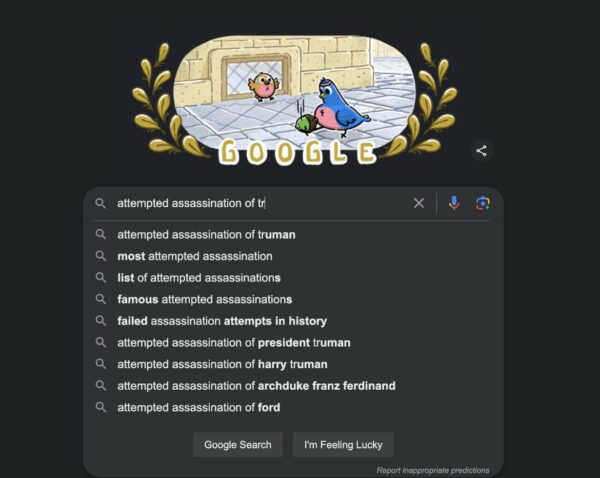
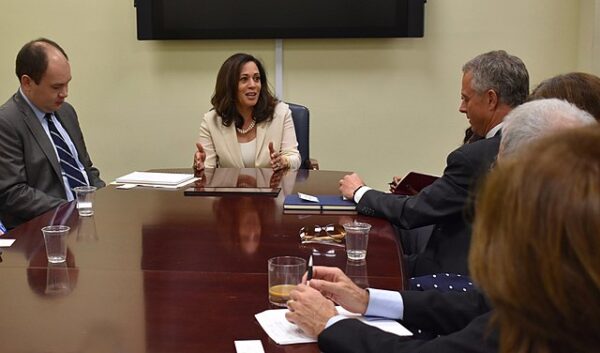
Obummers team has never seen a despot or terrorist they couldn’t support. Fellow travelers, all.
Those 12 children were not Israelis, many in the Druze population consider themselves Syrian. And Israel is NOT an “occupier” there! God gave the entirety of Palestine to Israel thousands of years ago, from the Euphrates to the River of Egypt, and said it was for the descendants of Jacob (see Genesis 15:18 and Deuteronomy 1:8). No non-Jews have any business being in any part of Palestine–they are the occupiers!